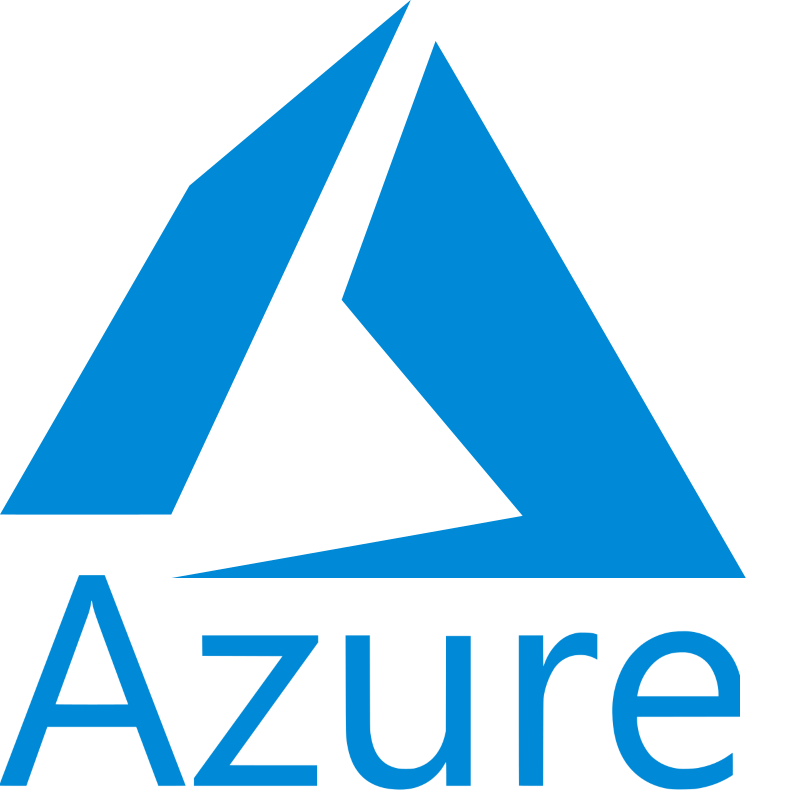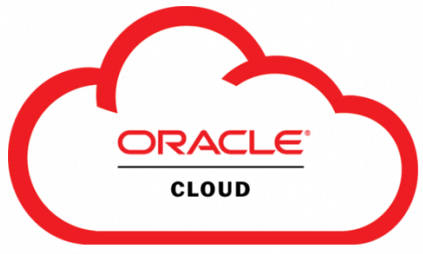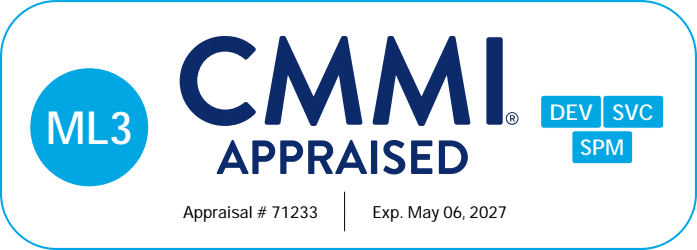Replacing vs. Maintaining Legacy Architecture
Migration may seem like the best solution on paper but keep in mind that running a healthcare organization like a well-oiled machine depends on the seamless interaction between three key parts: the hardware, software and most importantly people.
Despite there being a future need to modernize legacy systems, your healthcare organization may opt to focus on present needs and maintain existing legacy systems for the reasons stated below:
- Hospital staff finds it easier to perform daily tasks with existing systems in place.
- Availability of legacy tech talent to maintain existing IT infrastructure for a few years.
- Existing systems are partially scalable and can provide patients with the level of services they deem necessary.
- Using present legacy systems will not bear additional costs. The system was designed for a singular purpose and gets the job done for the time being.
Despite all of these arguments being flawed, it still holds enough water for many organizations in the healthcare space to dismiss upgradation altogether. However, if this is among your main reasons, Here’s
Why You Need to Modernize Healthcare Legacy Systems
Improved Patient Care: To make meaningful improvements to legacy systems, it’s important to invest in technology that puts patient care at the center. Modernized systems should be imbued with real-time data tracking & visualization capabilities that allow them to access and present relevant information about patients under their care. Data from health risk assessments, insurance company profiles, and even wearable trackers or smartphone apps can all be leveraged with the right systems in place.
Streamlining Clinical Protocols: Modernized IT systems allow hospitals to deliver personalized and timely guidance to clinicians while avoiding “alert fatigue” – an overwhelming number of emergency alerts desensitize doctors & support staff tasked with responding to them, leading to missed or delayed responses which can sometimes prove fatal to the patients under their care.
Information Integration: Integration enables administrative and clinical information to be leveraged across care settings, to streamline system-wide performance and generate meaningful insights which in turn leads to the right people getting the right care at the right time. A great example of this would be a dashboard that provides doctors and hospital administrators with the information they need to formulate best practices, pinpoint outliers, and plan for the future.
Healthcare Legacy System Modernization Approaches
In an ideal world, there will be a one-size-fits-all solution when updating legacy healthcare systems but unfortunately, the world we live in is far from ideal. Don’t let that piece of information trouble you as we have four great approaches that can do wonders, should you decide to overhaul your legacy healthcare system.
Replace: It is possible to find SaaS products custom-built for healthcare providers. Healthcare-specific features such as automated filing of medical records, instant patient registration, app-based appointments, etc. can be custom developed by the vendor. The biggest challenge here would be migrating existing data to the new system owing to compatibility issues with the data format.
Rehost: In some cases, the core of your system is too complex and fragile to be quickly replaced or rebuilt and can potentially be resource-demanding to ensure operational resilience. If that’s the case, your systems will have to be moved to IaaS solutions, where they can continue to run on virtual machines. This way, the code remains unchanged, the functionality unaffected all the while and the system enjoys the benefits of additional security. However, we recommend against doing this because at the end of the day this is all but a temporary solution.
Rebuild: Sometimes, there simply isn’t anything worth salvaging if your mission-critical systems run on legacy code such as COBOL. In that case, you should make a comprehensive list of all the useful features that were present in your legacy system and have a vendor rebuild them from scratch using a modern programming language more suited for future scalability.
Refactor & Rearchitect: Sometimes, the system you run is built on an archaic version of an existing programming language still in use. This could mean that your healthcare system will no longer be privy to updates. In that case, your vendor must refactor the code and this can be an expensive thing to do but it’s well worth the cost as it helps you close down outdated databases that take up space in your system, close down potential cybersecurity breaches through open-source dependencies and ensures ensure maximum cost-efficiency in the long run.
It’s time to think about the impact your current healthcare systems can have on the future of patient care and your organization.
At Adtech we’re problem solvers. We have decades of experience working with the healthcare industry and can help you assess the current state of your healthcare systems. Our teams take great pride in solving the toughest business challenges by employing state-of-the-art tech solutions that leverage modern engineering practices. If you’d like us to help with yours then reach out to us at info@adtechcorp.in and book a 30-minute call with us.















